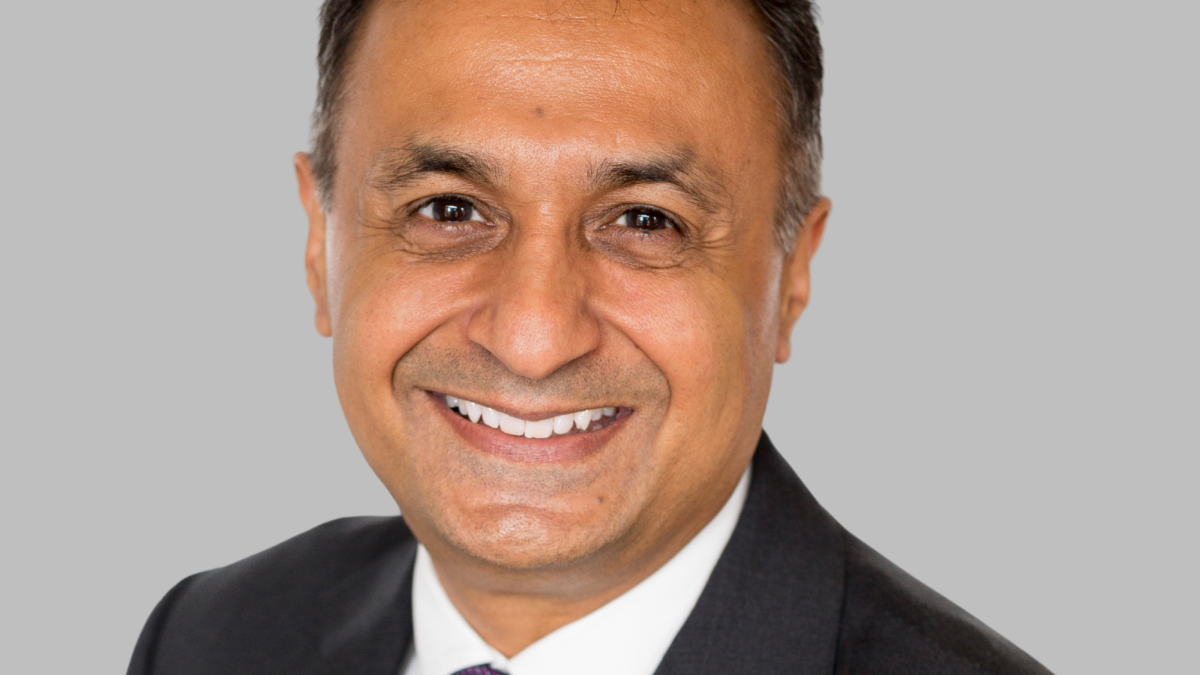All markets want is a single spark, but beware another financial accident
On Thursday last week, (November 10), Moz Afzal, CIO of $24 billion global manager EFG (photo at top), predicted that a single spark could see markets “move very quickly”. Sentiment and positioning had become so bearish that all it would take is the Fed hitting pause, an end to China’s Covid Zero policy, or (slightly less possible) a speedy resolution to the war in Ukraine. That prediction came true almost immediately, with a slight reduction in the rate of inflation on Friday morning – mostly attributable to base effect – sending equities soaring.
But even if investors were to receive one piece of good news it would do little to address the multitude of other problems that markets face in the lead-up to what everybody prays will be a Santa Claus Rally. Indeed, a stray Russian missile appears to have put paid to any hopes of a sustained upswing. So the equity market will be much more tactical for the next nine to twelve months, or until the Fed starts cutting rates again; investors will want to hunt oversold conditions and bearish setups, Afzal says.
Structurally, EFG is favouring investment-grade and high-quality fixed income, while the strategic equity piece, for Afzal, revolves around “the markets that everybody doesn’t like at the moment” – Japan, the emerging markets (ex-China), and Europe. Liquidity conditions are improving in the Middle East, which has been mostly off the radar for the better part of a decade. There’s a “huge energy developing” around new IPOs in the region as it tries to develop its capital markets. The same thing is happening in Brazil, which was also ahead of the curve on interest rates. And markets like the Philippines have been ignored because “China sucked all the energy out of the Asia markets”.
“The next decade isn’t going to be about 10 stocks in the S&P500,” Afzal said. “It’s going to be a much broader participation of investment assets, which we need to make sure we’re ready for. If you owned the top 10 stocks in the S&P500 in US dollars you had the dollar strength and the great returns from those companies. This is going to be a much more even market in the years to come.”
But if the recent chaos in the UK gilt market has demonstrated anything, it’s that the biggest risk is the invisible one, lurking in some shonky financial instrument or systemically important niche of the financial markets. Afzal believes that there is a non-zero chance of another financial accident . The last nine months has seen the fastest increase in interest rates in 50 years – and If you’re speeding, you’re more likely to spin out.
“You need to think about what the reaction function of central banks would be in that situation,” Afzal said. “It’ll be QE again or QE with a twist or some derivative of it… Or there’s a liquidity crunch and you need to cut interest rates to supply it to the market. You could see quite a violent reaction in the bond market given how short everybody is at the moment.”
“That drives the whole thing again… my longer dated fear is that if there is an accident they have to add liquidity, cut interest rates, but they never quite solve the inflation problem. And they’re basically providing liquidity in an inflationary environment that’s still stuck at four or five per cent. Which then just pushes it back to seven or eight per cent in 2024-25. That is the second-order risk function… The Fed has to react to an accident because they raised interest rates too fast, but they never killed the inflation genie.”











